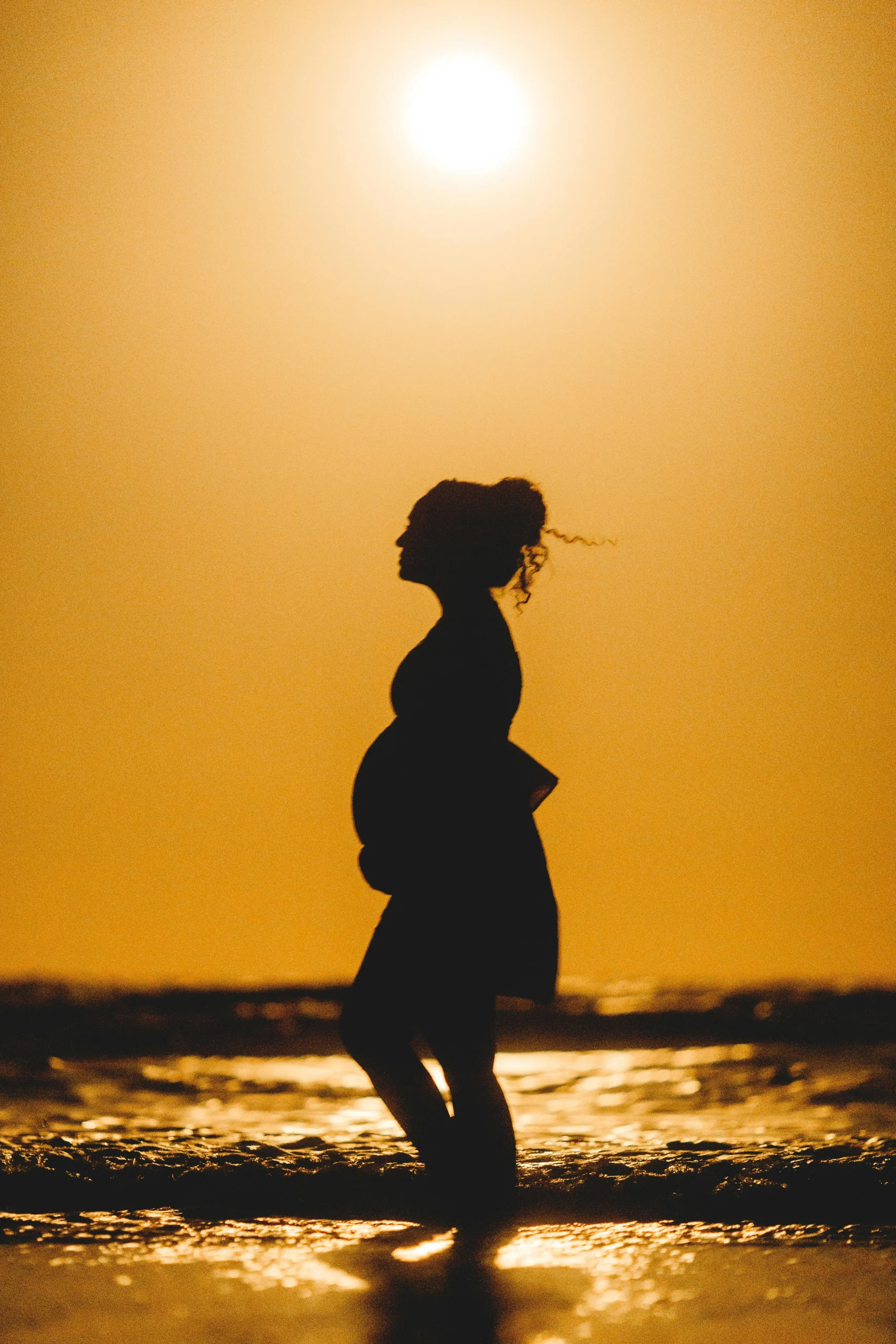Receiving a positive pregnancy test can be a life-altering moment filled with joy, anxiety, and excitement. However, if you find out you’re expecting twins, this journey takes on a completely different dimension. While carrying a singleton is certainly a challenge, twins introduce unique complexities. Here are ten distinctions to anticipate during a twin pregnancy.
1. High-Risk Status
Regardless of your health or the well-being of your twins, a twin pregnancy is categorized as high-risk. This means you’ll undergo increased monitoring and medical interventions. Expect more frequent check-ups and tests as your healthcare team wants to ensure the best for both you and your babies.
2. Intense Morning Sickness
Morning sickness can be challenging for anyone, but with twins, it often intensifies. The surge of hormones can lead to extreme nausea and vomiting, leading many women to rely on anti-nausea medications or intravenous fluids to manage symptoms.
3. Frequent Ultrasounds
Expect to have multiple ultrasounds throughout your pregnancy. Monitoring two fetuses requires more frequent imaging to ensure both babies are growing properly. By the end of your pregnancy, you’ll likely have a collection of ultrasound images that document your journey.
4. Maternity Wear Challenges
Finding clothes that fit comfortably becomes a new ordeal. Maternity clothing designed for singleton pregnancies may not accommodate the rapid growth that comes with twins. You may need to invest in larger or more specialized garments as your belly expands.
5. Expanded Vocabulary
You will quickly become familiar with terms specific to twin pregnancies, such as “monozygotic,” “dizygotic,” and “NICU.” This new lexicon will help you navigate discussions with healthcare providers and fellow parents of multiples.
6. Exhaustion Levels
Fatigue reaches a whole new level. The physical demands of carrying two babies can be overwhelming, leading to exhaustion from even the simplest tasks. This fatigue often begins early in the first trimester.
7. Physical Limitations
As your pregnancy progresses, you may find everyday tasks increasingly difficult due to the added weight and size. Simple movements, like getting up from a chair, can require significant effort, and bending over may become nearly impossible.
8. Public Scrutiny
A growing belly draws attention, and twin pregnancies often invite unsolicited comments and questions from strangers. Prepare yourself for awkward inquiries about your conception journey or remarks on your size.
9. Supportive Gear Is Essential
Investing in a supportive belly band can provide significant relief. This addition can alleviate some discomfort as your body adjusts to carrying twins.
10. Increased Discomfort
The physical discomfort associated with pregnancy amplifies with twins. While singleton pregnancies may become uncomfortable around eight months, those carrying twins may experience discomfort much earlier. As your body expands to accommodate two babies, you may find it challenging to breathe or move comfortably.
Navigating the complexities of a twin pregnancy can be daunting, but it is also a unique and rewarding experience. Embrace the changes, the challenges, and the joy that comes with expecting two little ones.
For more insights on pregnancy and home insemination, consider visiting this excellent resource. If you’re exploring the options of home insemination, check out this informative article as well as this authority on the topic.
Summary
Twin pregnancies differ significantly from singleton pregnancies in various ways, including higher risk status, more intense morning sickness, frequent ultrasounds, challenges with maternity clothing, and increased physical exhaustion. Understanding these differences can help expectant parents prepare for the unique journey ahead.
